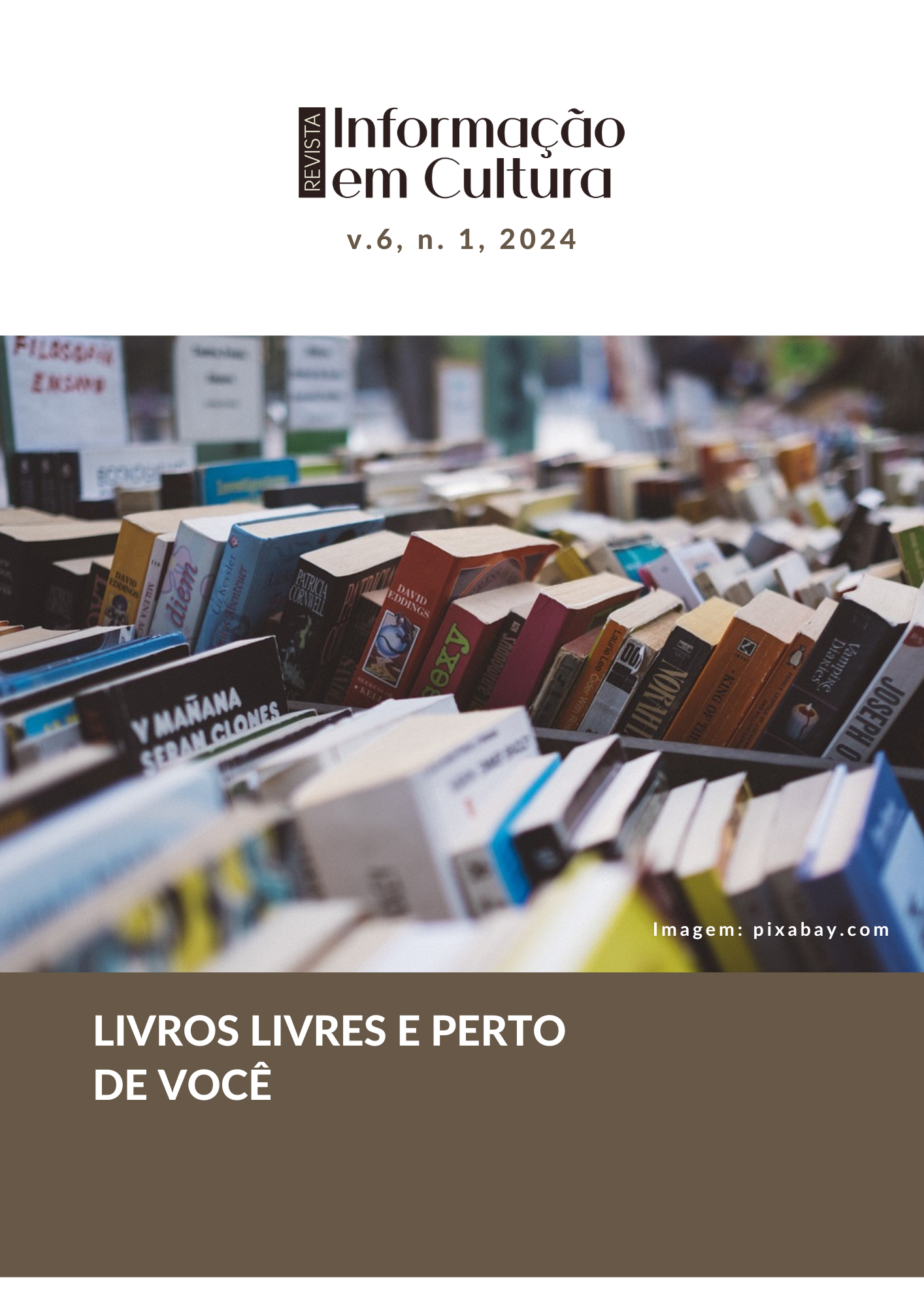“WORK THE SOIL, THERE WILL BE RAIN”
TRADITIONAL AND SCIENTIFIC KNOWLEDGE AT THE I CARIRI RAIN PROPHETS MEETING (2023)
DOI:
https://doi.org/10.21708/issn2674-6549.v6i1a12483.2024Keywords:
Rain Prophets, Traditional Knowledge, Scientific Knowledge, Cariri.Abstract
Português
Por Profetas da Chuva, denomina-se o ofício, independente da questão de gênero, de interpretar e anunciar os prenúncios de um bom inverno a partir da observação da natureza, a exemplo da observação das folhas de pitombeira, do comportamento das formigas velhas, abelhas, cupins e dos sapos; o uso da varinha de goiabeira (rabdomancia), a posição dos astros e da Lua, entre outros. Por outro lado, os conhecimentos científicos empregam, em termos gerais, os recursos tecnológicos, modelos matemáticos e probabilísticos. A partir de uma revisão bibliográfica, constatou-se que tal relação tem sido abordada de diferentes maneiras, ora uníssona, ora de polaridade. Esclarece-se, ainda, que não se trata de pôr em uma balança de quem acerta mais ou menos a respeito da quadra chuvosa, muito menos tratar as diferenças/semelhanças entre tais conhecimentos. Tal relação reflete as estruturas hierarquizadas na busca de validação de verdade do conhecimento científico em detrimentos da validade da Identidade cultural dos Profetas da Chuva. Nesse sentido, este texto tem o objetivo identificar a aproximação dos conhecimentos tradicionais com os científicos no I Encontro de Profetas da Chuva do Cariri, realizado no dia 20/01/2023, em Crato, Ceará (CE). Para tanto, utilizou-se a pesquisa do tipo etnográfica com observação participante e conversas informais, com 10 Profetas que compartilharam experiências provenientes dos sinais da natureza para anunciar a quadra chuvosa. Recorreu-se, também, à pesquisa bibliográfica a partir do levantamento de obras no Google Acadêmico para conhecer o debate a respeito da temática. Assim, as profecias que afloram das experiências individuais e coletivas dos Profetas da Chuva e dos conhecimentos dos ancestrais compõem aqueles chamados de tradicionais e reivindicam não a verdade absoluta dos conhecimentos científicos, mas os laços identitários das comunidades agrícolas do local que não dissociam o ambiente natural da herança cultural.
Inglês
Prophets of the Rain are called the profession, regardless of gender, of interpreting and announcing the harbingers of a good winter from the observation of nature, such as the observation of pitombeira leaves, the behavior of old ants, bees , termites and frogs; the use of the guava wand (rhabdomancy), the position of the stars and the Moon, among others. On the other hand, scientific knowledge generally employs technological resources, mathematical, and probabilistic models. From a bibliographical review, it is clear that this relationship has been approached in different ways, sometimes in unison, sometimes in polarity. It is also clarified that it is not a question of weighing who is more or less right about the rainy season, much less addressing the differences/similarities between such knowledge. It is argued that this relationship reflects the hierarchical structures in the search for validation of the truth of scientific knowledge to the detriment of the validity of the cultural identity of the Rain Prophets. In this sense, this text aims to identify the intersection of traditional and scientific knowledge at the I Cariri Rain Prophets Meeting, held on January 20, 2023, in Crato, Ceará, Brazil. Ethnographic research with participant observation and informal conversations with 10 Rain Prophets is employed to explore their experiences derived from nature's signs to predict the rainy season. Additionally, a literature review using Google Scholar was conducted to understand the academic discourse on the subject. The prophecies arising from the individual and collective experiences of Rain Prophets, along with ancestral knowledge, constitute a traditional knowledge. They do not claim the absolute truth of scientific knowledge but emphasize the identity bonds of local agricultural communities that do not separate the natural environment from cultural heritage.
Downloads
Downloads
Published
How to Cite
Issue
Section
License
Copyright (c) 2024 Licenças Creative Commons

This work is licensed under a Creative Commons Attribution-ShareAlike 4.0 International License.




